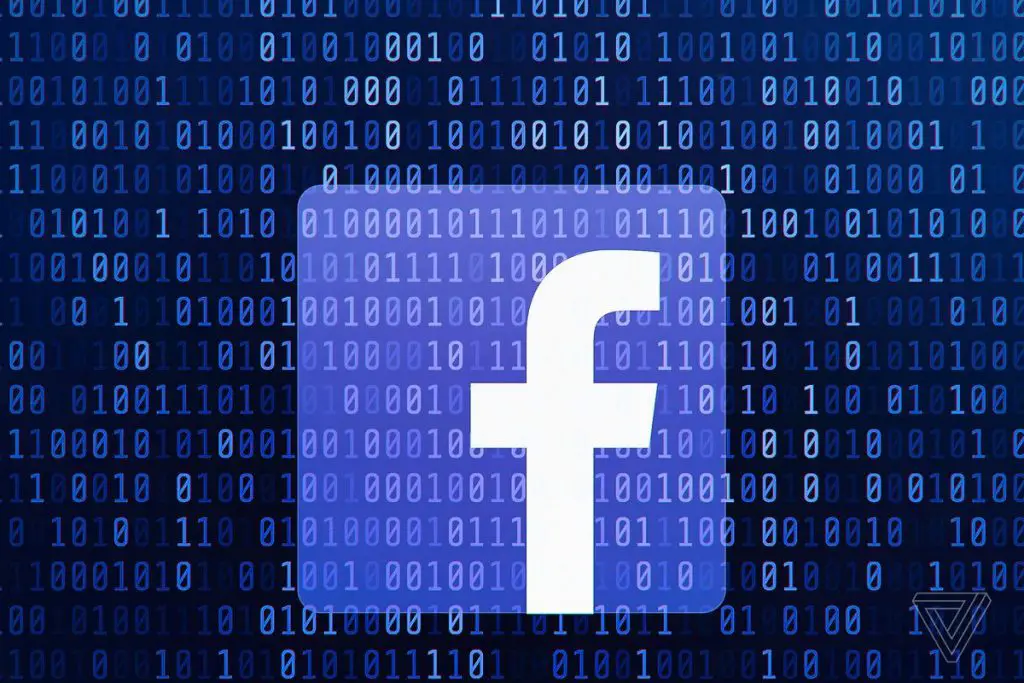Cryptocurrency is the buzz word that is shaking conventional financial markets and which has been hailed as the future of money and transactions.
In a move that will accelerate the shift from cash to cryptocurrency, Facebook has announced that it is getting into the cryptocurrency field to address transaction charges across the globe.
On Tuesday, June 18, 2019, Facebook founder Mark Zuckerberg said the social network giant is coming together with 27 other organizations around the world to start the non-profit Libra Association and create a new currency called Libra.
Global mobile transactions at low to no cost
Zuckerberg said Facebook cryptocurrency Libra’s mission is to create a simple global financial infrastructure that empowers billions of people around the world.
“It’s powered by blockchain technology and the plan is to launch it in 2020,” Zuckerberg added.
He said that being able to use mobile money can have an important positive impact on people’s lives. This is because they don’t have to always carry cash, which can be insecure or pay extra fees for transfers.
In Africa, Libra as a currency may be the answer to the transaction charges questions that Africans in the diaspora have.
As remittances into the continent continue growing, transaction charges which are incurred by those sending money to Africa have also been on the rise running into billions.
Africans in the diaspora regularly send money back home which is a major source of revenues to the continent. It costs more to send money to Africa than anywhere else in the world.
While transaction charges are paid by the remitter, the recipients also end up paying some charges which reduce the amount of money they receive.
Projections show that remittances to sub-Saharan Africa will reach nearly USD40 billion this year.
According to the World Bank, Africans in the diaspora remitted USD37 billion in 2017 through formal channels.
Libra may come in handy for those who pay double in transaction costs by eliminating some of these charges.
“This is especially important for people who don’t have access to traditional banks or financial services. Right now, there are around a billion people who don’t have a bank account but do have a mobile phone,” said Zuckerberg.
He added, “We aspire to make it easy for everyone to send and receive money just like you use our apps to instantly share messages and photos.”
To enable this, Facebook is also launching an independent subsidiary called Calibra that will build services that will let users send, spend and save Libra.
“It will start with a digital wallet that will be available in WhatsApp and Messenger and as a standalone app next year,” said Zuckerberg.
Calibra will let users send Libra to almost anyone with a smartphone at low to no cost.
“Over time, we hope to offer more services for people and businesses — like paying bills with the push of a button, buying coffee with the scan of a code, or riding local public transit without needing to carry cash or a metro pass,” adds Zuckerberg.
What is a cryptocurrency?
Cryptocurrency is a digital currency in which encryption techniques are used to regulate the generation of units.
Bitcoin is one of the most successful cryptocurrencies currently. The value of Bitcoin as of June 19, 2019, is USD9127.20.
Other cryptocurrencies include Litecoin (LTC) which was launched in 2011. Created by MIT graduate and former Google engineer Charlie Lee, Litecoin is based on an open source global payment network that is not controlled by any central authority.
Ethereum (ETH), Zcash (ZEC), Dash (DASH), Ripple (XRP), Monero (XMR), Bitcoin Cash (BCH), NEO (NEO), Cardano (ADA) and EOS (EOS) are the other popular cryptocurrencies globally.
Facebook’s Libra will work with partners who will build their own services using Libra — from payment companies like Mastercard, PayPal, PayU, Stripe and Visa.
Non-profits working around financial inclusion like Kiva, Mercy Corps and Women’s World Banking are also expected to use Facebook’s Libra which is built on blockchain technology.
Zuckerberg adds, “It’s available to anyone with an internet connection and has low fees and costs.
How Africans receive money from the diaspora
Between 2013 and 2018, Foreign Direct Investments (FDIs) lagged behind foreign remittances. This made diaspora remittances the largest source of external financing in low and middle-income countries.
In East Africa, countries in the region received USD17.38 billion from their citizens abroad. However, the cost of sending money home remained high which cryptocurrencies could help reduce.
The latest World Bank’s Migration and Development Brief shows that Kenya was the region’s biggest beneficiary of the remittances. The East African economic hub received USD10.74 billion, followed by Uganda at USD6.28 billion, South Sudan (USD2.85 billion), Tanzania (USD2.39 billion), Rwanda (USD1.13 billion) and Burundi (USD257 million).
WorldRemit, Western Union, Ria, Dahabshil, Wave and Paypal are some of the most preferred channels of receiving cash from abroad.
